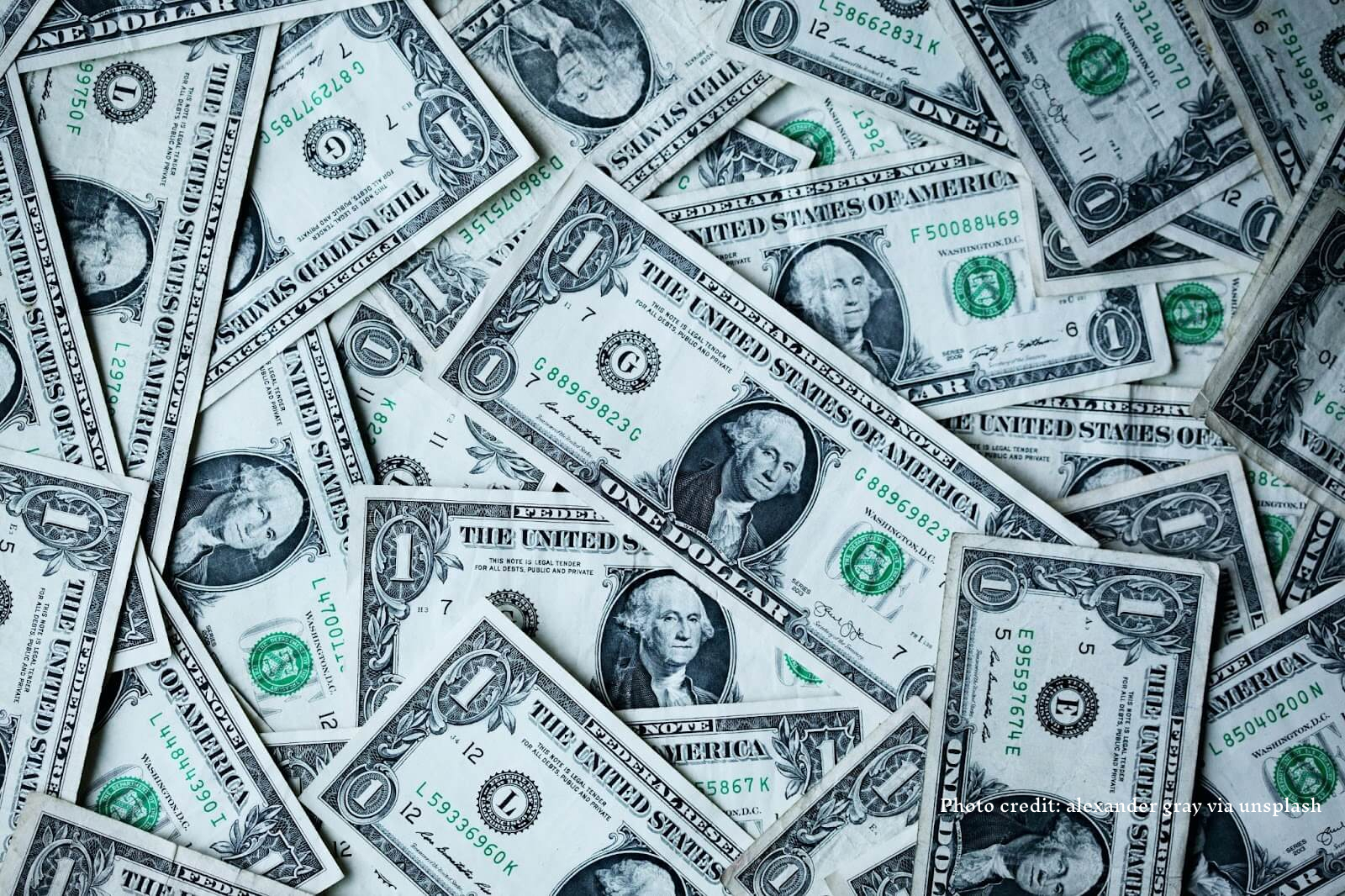How to Spring Clean Your Finances

May 16 | 2018

Every year, you probably take the time during spring to clean and organize your home. But that’s not the only important aspect of your life. If you didn’t spend time on your finances, make it a priority now. Take the time to cancel subscriptions you hardly use or cut back on things you don’t really need. Here are a few things to keep in mind.
1. Check your credit score and look at your report
How did you score?www.mybanktracker.com
You can request a credit report from all three major credit reporting agencies once a year. It’s recommended you space out your requests so you can keep tabs on your credit throughout the year. (This shouldn’t affect your credit score as it’s just a personal report for your records, unlike a loan or credit card application.) Along with your score, you’ll also receive a detailed report with your loans and credit cards listed. Pour over this list. This is the best way to determine if there has been any illegal activity on your account. Report anything that you don’t recognize. It’s also a good way to keep tabs on loans you’ve taken out. Make sure you pay on time every month to keep your credit score in top shape.
2. Clean up your wallet and key ring
Do you even know what’s in there?c1.staticflickr.com
How many loyalty memberships do you have? Do you need all of them? Probably not. Take all of those cards from your wallet and your key ring. Figure out which ones you actually use and get rid of the rest. Take it a step further and examine which memberships you could probably cut. Maybe you don’t need to spend so much at your local bookstore. Also, you should check out all your credit card accounts. There might be a couple that you don’t need anymore and can cancel. Limiting how many credit accounts you have will also help your credit score.
3. Go through your recent bank statement
Review regularlyimg.youtube.com
(adsbygoogle = window.adsbygoogle || []).push({});
Check your bank account for recurring charges, like Netflix or a gym membership. Cancel any subscriptions you have that you don’t use. This also might be a good time to cut back on subscriptions you don’t really need. Maybe choose between Netflix and Hulu. Or cancel that gym membership you honestly never use. (Financial health is just as important. You probably don’t need a treadmill; you can always run outside.) While you’re looking over your transactions, maybe also think about other purchases you can cut to save your budget.
4. Examine your bank accounts
Stay on top of your finances www.waterfordbankna.com
(adsbygoogle = window.adsbygoogle || []).push({});
It’s likely that you have a checking account and a savings account. If you have more accounts, do you need to close any? Do you need to open another savings or checking account? Maybe you want to start investing in your retirement or save up for a trip. Whatever your purpose is, streamlining or organizing your bank accounts will help you keep your life in order.
Staying on top of your finances is the best thing you can do for yourself. Don’t let some gym take your money if you don’t use your membership regularly. Keep track of your credit score so you don’t get caught off guard when you’re applying for a new card, or a place to live. Physical and mental health are very important, but so is your financial health.










